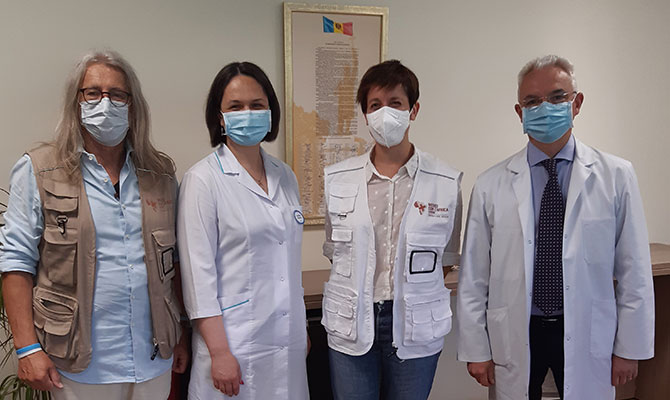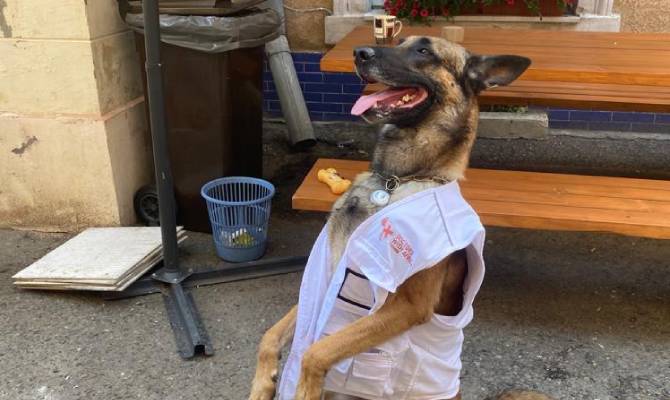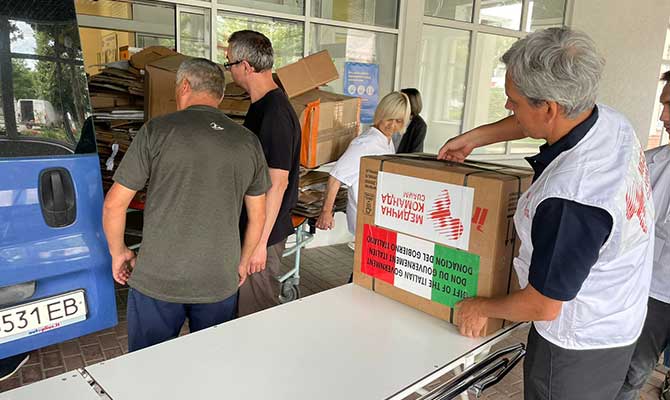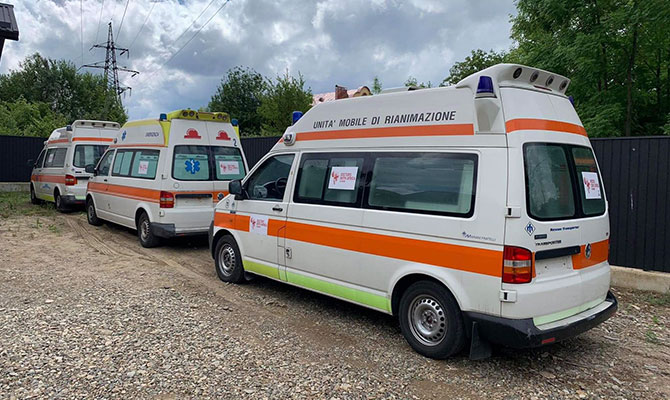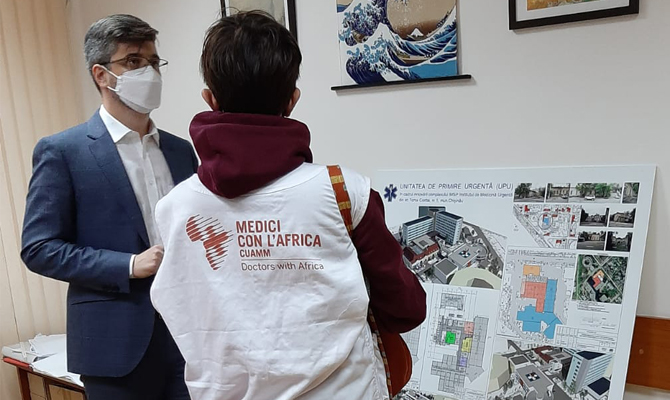Italy keeps coming up in this mission. We speak more Italian than English. This is a mark of the deep connection between Italy and Moldova. This relationship goes far beyond the current emergency, rooted in a strong relationship of work and trade that is now reciprocal. We’re in Europe (even though it’s not yet part of the European Union) and the cultural affinity can be felt, despite the Soviet legacy in its systems, especially the governmental ones. I found a country terrified of possible escalated conflict and a country that feels the need for more training in disaster and emergency response. This is why we’re here. With CUAMM we’re trying to give immediate help during the emergency and provide basic health care at the two refugee centers. we are also trying to set up a broader relationship and a long-term effort, just as we have long done in Africa, because when faced with a crisis, we can’t merely respond, we need to act, rebuild and strengthen. This is why, after talking to Dr. Sergiu Gladund, director of the National Institute of Mother and Child Health, we started a specific training program for emergency and disaster medicine. Dr. Gladund’s eyes were shiny when he said, in the middle of a technical discussion, “After two years of Covid, now we have a war. Does that seem fair to you?” His hospital is already working with the Odessa hospital that sends their critical newborns. Odessa is only 50 km from the Moldovan border at Palanca, which is an hour-and-half drive from Chisinau. The war is truly at Moldova’s doorstep, and at the child and maternal hospital that Dr. Gladund directs, 43 Ukrainian babies have been born since the war started. One of these babies is little Ivan, born in Odessa at only 28 weeks, weighing only 800 g, and thanks to being transferred to their hospital, survived and is now healthy. Because life keeps on going on.
Giovanna De Meneghi, Ukrainian Response- Emergency Coordinator CUAMM

